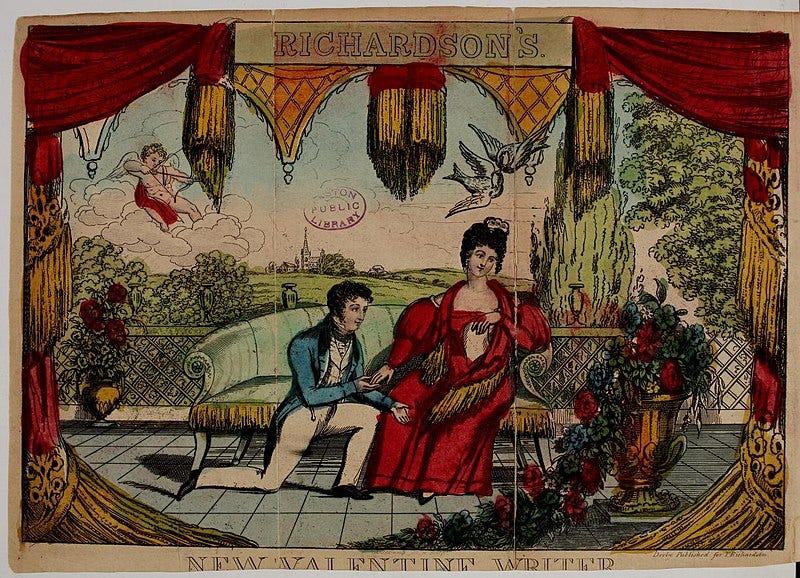Today’s Poem: A Man’s Requirements
On her birthday, the surprising wit of Elizabeth Barrett Browning

Among many other things we think when we think of the Victorians, we think that there are Victorians who are funny, and Victorians who are not funny. Edward Lear is funny. The Rossettis are not funny. Lewis Carroll: funny. Tennyson: not. And so on. At the same time, we know perfectly well that there are broad categories, and then there are people. And people, as people, are full of surprises.
Elizabeth Barrett Browning (1806–1861), whose birthday we mark today, is a case in point. Knowing her, as many of us do, by way of the passing glance at her poems, we may think we have her pegged. We may think of her as a person of passionate feeling, to the point of being possibly, sometimes, maybe, a little mawkish. The Sonnets From the Portuguese — at least the ones we tend to know — may impress us with their irrepressible fervor.
But those sonnets might not inspire in us a…
Keep reading with a 7-day free trial
Subscribe to Poems Ancient and Modern to keep reading this post and get 7 days of free access to the full post archives.



